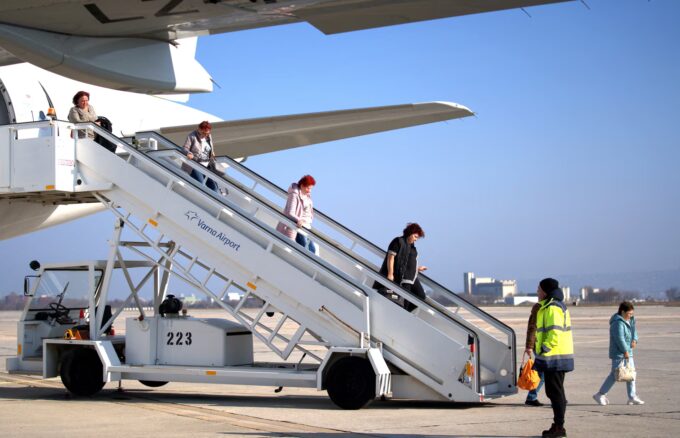As the Economic Community of West African States (ECOWAS) marks its 50th anniversary in 2025, the golden jubilee is serving as a time for deep reflection on the organisation’s journey, achievements, and the challenges that continue to shape its regional influence. Established in 1975 to foster economic integration and political cooperation among its member states, ECOWAS has played a pivotal role in driving West Africa’s development agenda. Now, fifty years later, experts and scholars are taking a fresh look at how the bloc can adapt to the evolving geopolitical and economic realities of the 21st century.
This reflection is at the heart of the newly launched ECOWAS Policy Analysis Series (EPAS) — a set of 14 policy papers covering 11 thematic areas including governance, trade, peace and security, climate resilience, and gender equality. The series presents in-depth, African-led analyses that not only celebrate ECOWAS’s accomplishments but also engage critically with the structural and political challenges that have limited its impact.
The EPAS initiative brings together leading African scholars, young academics, and regional practitioners to ensure that the future of ECOWAS is shaped by the voices and insights of those who live and work within the region. The contributors emphasize the need for ECOWAS to move beyond rhetoric and embrace meaningful citizen engagement, accountability, and policy innovation. They argue that in an era marked by shifting alliances, global uncertainty, and increasing regional insecurity, West Africa’s path forward must be built on greater cohesion, economic self-reliance, and collective action.
Over the decades, ECOWAS has achieved significant milestones — from mediating political crises and promoting free movement across borders to advancing regional trade integration. However, persistent challenges remain, particularly in areas such as peace enforcement, youth employment, and democratic governance. The policy series underscores that addressing these issues requires renewed political will, stronger institutional capacity, and a reimagined sense of shared purpose among member states.
The ECOWAS Policy Analysis Series is coordinated by the African Policy Research Institute (APRI) as part of the Support to the ECOWAS Commission on Organisational Development Project. The initiative is being implemented by the Deutsche Gesellschaft für Internationale Zusammenarbeit (GIZ) GmbH) on behalf of the Federal Ministry for Economic Cooperation and Development (BMZ) of Germany. Together, these partners aim to strengthen ECOWAS’s institutional effectiveness and ensure that regional integration efforts are grounded in evidence-based policy and African leadership.
As ECOWAS enters its next half-century, the message from the EPAS series is clear: the future of West Africa lies in deeper unity, a stronger sense of collective responsibility, and a renewed commitment to inclusive governance. The call is for ECOWAS to become not only a community of states but a community of citizens one that is driven by shared values, innovation, and the ambition to achieve lasting peace, prosperity, and resilience across the region.














Leave a comment